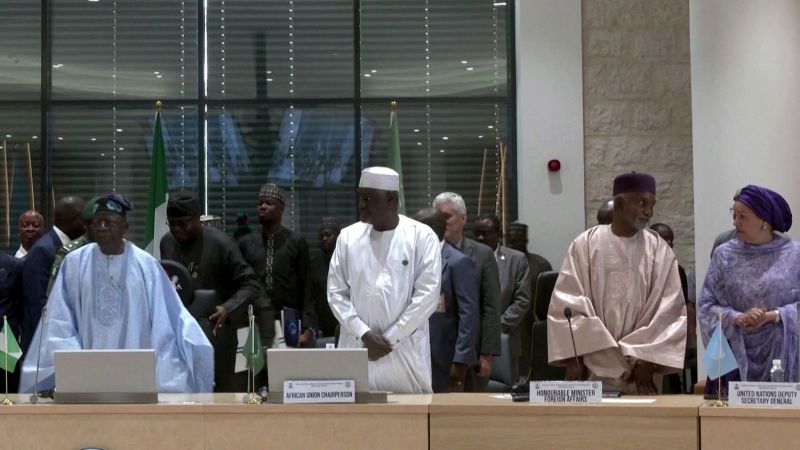In the face of an escalating crisis, various African leaders have risen to challenge the menace of terrorism threatening the continent’s peace and harmony. Recognizing the growing threat, these leaders, from different parts of Africa, have been spearheading efforts to combat terrorism and enhance security.
The most prominent among these leaders is Nigeria’s President, Muhammadu Buhari. Nigeria, Africa’s most populous nation and largest economy, has been at the forefront of the fight against terrorism, particularly regarding the insurgent group Boko Haram. Buhari’s administration has made significant progress by implementing new security strategies and facilitating regional cooperation. Buhari introduced Operation Safe Corridor, a de-radicalization and rehabilitation program, to reintegrate repentant Boko Haram militants into society. The scheme not only gains critical intelligence on the insurgent group’s inner workings but discourages the radicalization of new members.
In East Africa, Somali president Mohamed Abdullahi Mohamed has demonstrated exemplary leadership in combating the Al-Shabaab terror group. With fighters regularly launching attacks across the country, Somalia remains one of the most terrorised nations globally. Despite this, President Mohamed’s government has intensified efforts to combat these forces, working closely with the African Union’s peacekeeping mission.
In northern Africa, the echoes of terrorism have also been notably loud. Here, President Abdel Fatah el-Sisi of Egypt has played a prominent role in the resistance against terrorism. El-Sisi’s government has concentrated on eradicating the Sinai-based militant Islamist group Ansar Beit al-Maqdis, an ISIS affiliate. To a considerable extent, Egypt’s firm approach has succeeded in destabilizing the terror group and enhancing national security.
In addition to these national initiatives, African leaders have also realized the importance of regional cooperation. Indeed, many African nations are particularly vulnerable due to the collective menace of terrorism spilling over borders. As such, Africa’s regional organizations such as the African Union (AU) and the Economic Community of West African States (ECOWAS), have been actively working towards creating collective strategies for combating terrorism.
For instance, the AU has instituted the African Centre for the Study and Research on Terrorism (ACSRT), which works towards providing Member States with the necessary knowledge, capabilities and skills to prevent, combat and eradicate terrorism. Also, ECOWAS has adopted diverse approaches aimed at enhancing regional stability. The organization’s Counter-terrorism Strategy and Implementation Plan emphasise preventive measures, strengthening member states’ capacity to preempt, prevent, and respond to terrorist threats effectively.
Another commendable regional effort in fighting terrorism includes the creation of the Multinational Joint Task Force (MNJTF), a combined multinational formation comprising units from Niger, Chad, Cameroon, and Nigeria. This joint military force represents a significant demonstration of Africa’s determination to fight back against terrorism through collective regional action.
On the other hand, to address the underlying causes of extremism, African leaders have also recognized the need for development. The link between underdevelopment, poverty, political marginalisation, and the rise of extremist ideologies is well understood. Hence, African governments, for instance, those of Kenya and Senegal, have prioritised economic empowerment and social development as part of their counter-terrorism strategies.
In conclusion, the rise of terrorism in Africa has evoked a robust response from its leaders. From individual countries uniting against common enemies to regional forces collaborating in a comprehensive approach, African leaders are taking proactive measures. The fight is far from over, but the dedication, progress, and intelligently crafted strategies offer a beacon of hope that terrorism can be defeated across the rich and diverse African continent.




